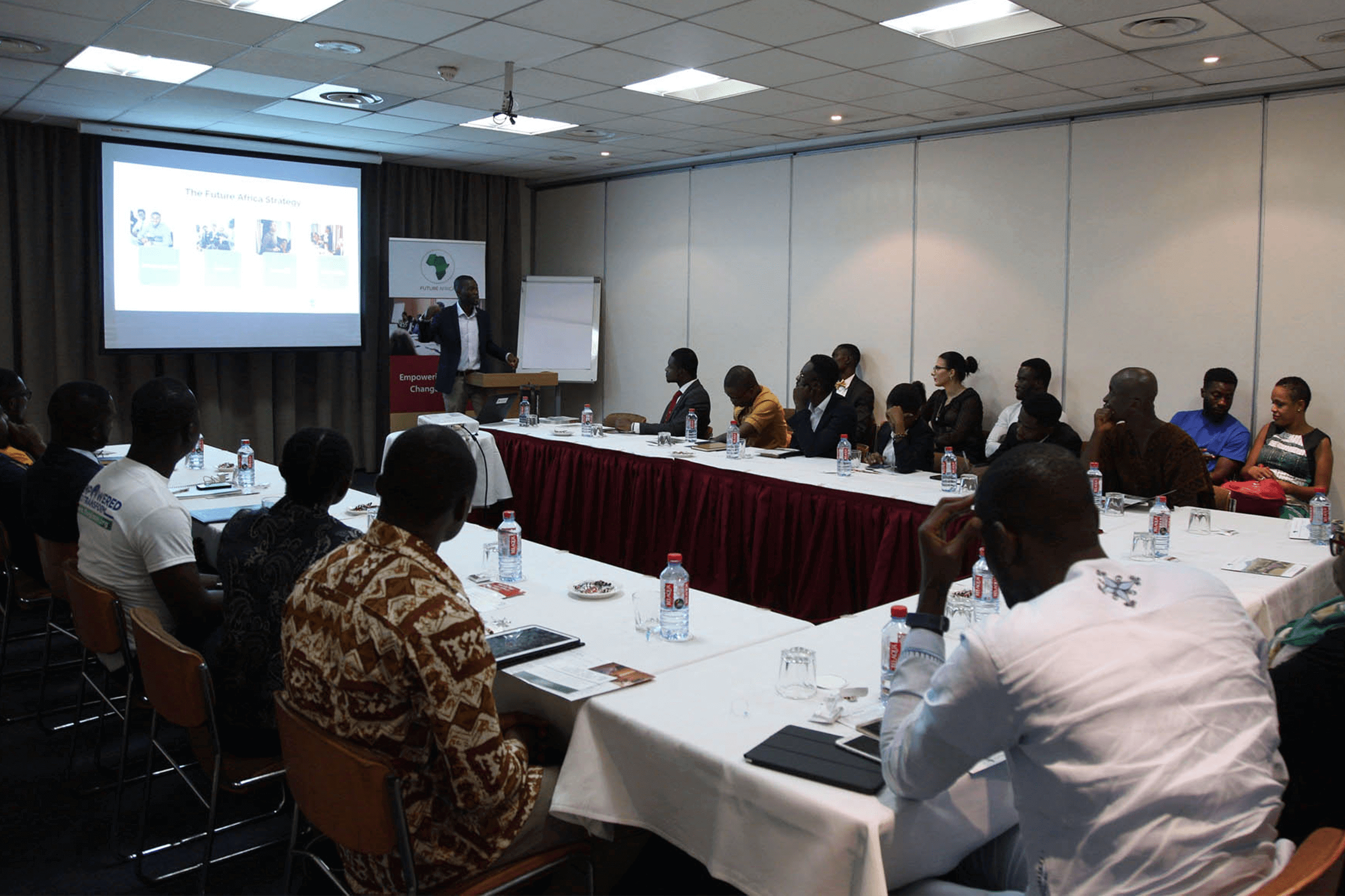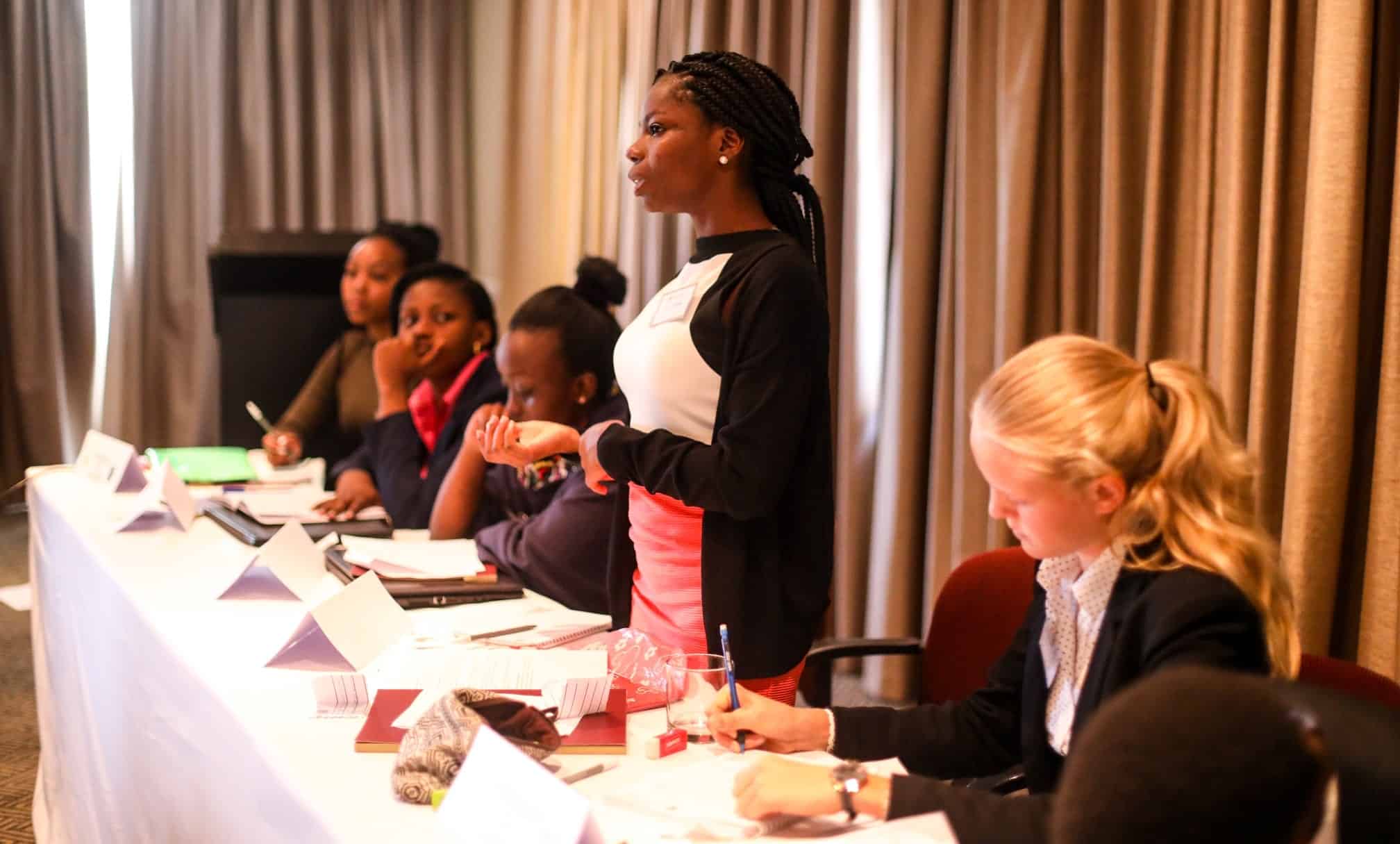
The Future Africa Forum
The Future Africa Forum is a periodic seminar series, through which African development experts share perspectives about the continent’s growth trajectory from their research and work. The Forum aims to create broad awareness of the challenges and opportunities for development in Africa, and to enable aspiring public sector leaders to explore various avenues through which these challenges can be addressed.
Each quarter, Future Africa convenes a Forum with experts on themes ranging from education to entrepreneurship, agriculture, peace and security, natural resource management, elections and democratic governance, healthcare, information technology and infrastructure development.
About the Future Africa Forum
The Future Africa Forum is a periodic seminar series, through which African development experts share perspectives about the continent’s growth trajectory from their research and work. The Forum aims to create broad awareness of the challenges and opportunities for development in Africa, and to enable aspiring public sector leaders to explore various avenues through which these challenges can be addressed.
Each quarter, Future Africa convenes a Forum with experts on themes ranging from education to entrepreneurship, agriculture, peace and security, natural resource management, elections and democratic governance, healthcare, information technology and infrastructure development.
Key components of the Forum
During the Forum, public sector experts share their insights with our fellows and attendees about their experiences working in governments or international organizations. Following their detailed presentations, participants engage in a Q & A session with the experts to gain first-hand insights into the inner workings of public institutions and their influences in shaping African development.


Revisit Previous Forums
